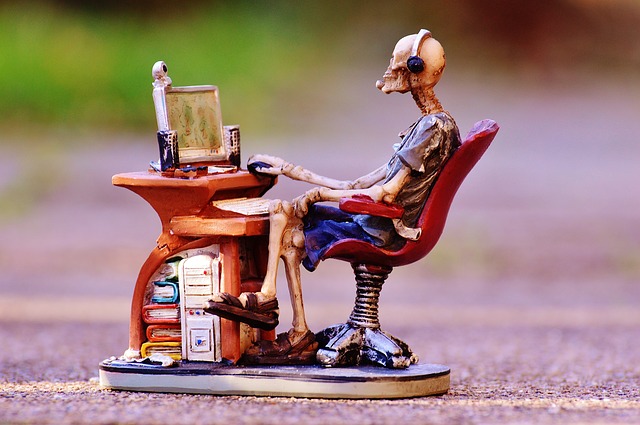What is an Internet Addiction?

Do you excessively play online video games? Do you compulsively shop on the web? Are you on Facebook non-stop? Are your excessive online habits affecting your daily life, i.e. work, school, and relationships? If you answered “yes” to one or more of the above, you may well be experiencing Internet Addiction Disorder, which is also known as Problematic Internet Use, Compulsive Internet Use, or iDisorder. The addiction was only humorously theorized as being a “thing” in 1995 when Dr. Ivan Goldberg compared it to obsessive gambling. Since then, however, it’s been taken more and more seriously from numerous doctors, mental health counselors, and researchers all around the world. While it’s yet to be given recognition as a disorder in the Diagnostic and Statistical Manual of Mental Disorders (DSM-IV), it’s had an overwhelming effect on European and American culture, having affected up to 8.2 per cent of the general population. Some reports have suggested that it’s as much as 38 percent. The wide difference in numbers could be based on the fact that there is no standardized or true criteria for evaluating an Internet Addiction Disorder. Mental health professionals and scientists use different research methods. Furthermore, ethnic cultures have their own ways of researching and diagnosing mental ailments.
The progress in the study of Internet Addiction Disorder has seen its share of negative impact due to a lack of standardization. While researchers have generally accepted that it’s an addiction, that’s only been the case within the field of general technology addiction. As stated in the name, its emphasis is on Internet compulsion, with other media addictions labelled as radio addiction, television addiction, and more. Due to the digital explosion, the concerning thing when it comes to this particular disorder is that technology surrounds us all, including those people suffering from Internet addiction. Most of what we do is able to be performed on the Internet. Struggling to find your size of shoe in a store? No problem, order it online. Need to order a pizza? No need to call, just order it online. Can’t go to a friend’s house when you’ve suddenly woken up at 3 am and you want to play a video game. Okay, well there’s bound to be someone in the world who’s awake and willing to play. That’s essentially the problem with this disorder. It’s almost impossible to live life without the Internet. It’s always around us, and most of us use it every single day.
Of course, simply because you spend a lot of time online, such as frequently shopping or getting caught up in the YouTube matrix, doesn’t mean that you have Internet Addiction Disorder. The issues arise when such activities begin to interfere with your daily life. Generally, there are varying categories of Internet Addiction Disorder. The most commonly recognized of these include inappropriate pornography, shopping, blogging, emailing, social networking, and gaming. Other researchers have suggested that rather than duration being the most troubling aspect of Internet addiction, it’s rather the way in which those who differ from it are using their time online. For example, if your teenage daughter is using dating sites for teens, and there are child molesters on the site, it’s clearly risky. Other risks include dependence on the Internet, impulsive Internet use, emotional impairments, fictional and social impairments, and physical impairments.
What are the effects?
If you suffer from this disorder, it could well be having an effect on your school life, work life, finances, and your relationships. You may also find that you’re isolating yourself from those around you, spending a lot of time on your own, and thus negatively impacting your personal relationships. There may be dishonesty and distrust issues arising from an attempt to deny or hide the amount of time you’re spending on the Internet. You may also be creating alternate online persons in a bid to mask your behavior. Serious financial issues may result from a bid to avoid work, bankruptcy from continued online shopping, online gambling, or online gaming. You may also find it difficult to develop new relationships, and find yourself socially withdrawing, as you feel more at ease online than you do in the real world.
How is it diagnosed?
Internet addiction as a disorder is gaining recognition in the field of mental health, and has recently been included in the Diagnostic and Statistical Manual of Mental Disorders as a disorder that requires more research. However, a standardized diagnosis has yet to be discovered. This plays a huge role in the disorder’s variability and wide range of prevalence from 0.3 percent to a staggering 38 per cent.
Would you like to receive similar articles by email?





